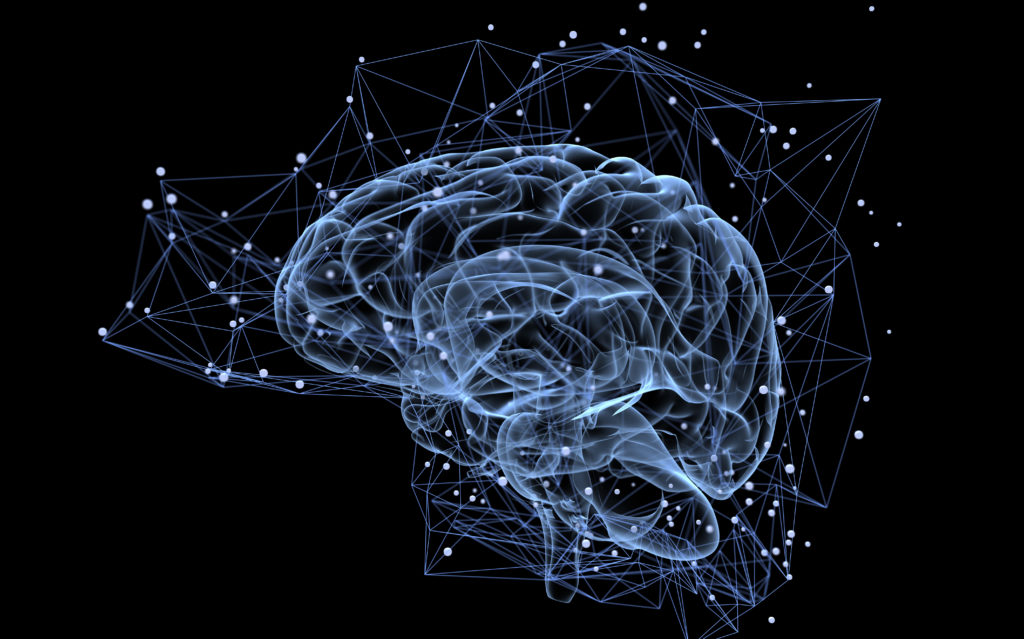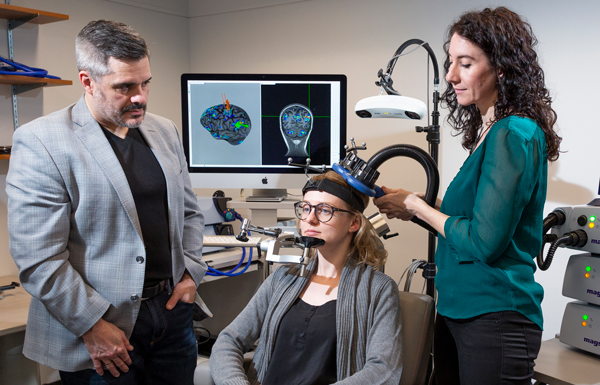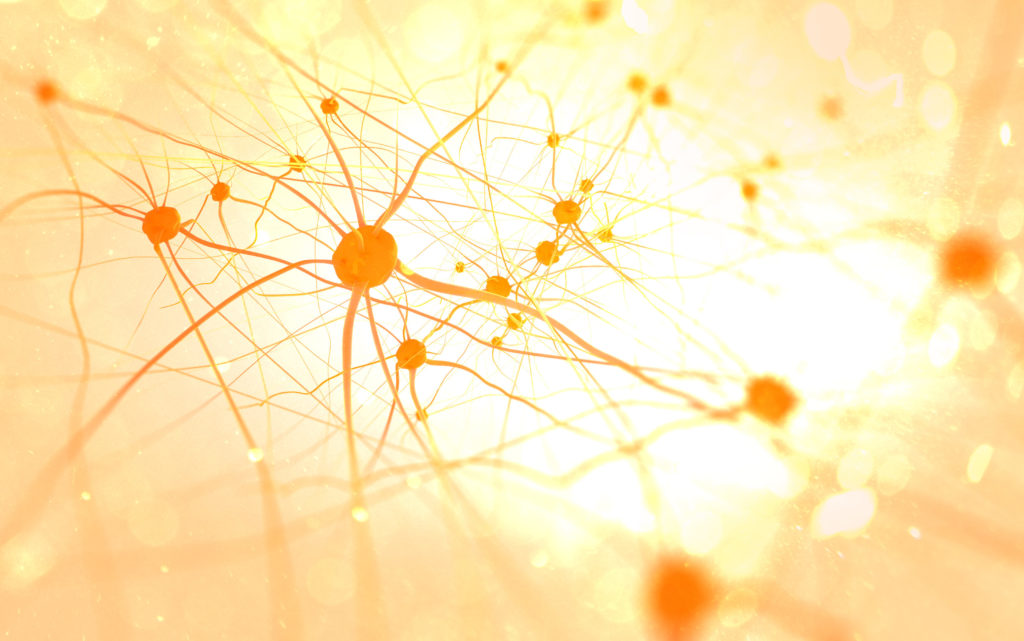A brain or nervous system illness or injury will affect one in three Canadians in their lifetime. Autism, addiction, Alzheimer’s disease, depression, dementia, Parkinson’s disease, spinal injury, and stroke cost the Canadian economy billions of dollars annually. Understanding the brain and nervous system to address neurological and mental health disorders is one of the most pressing scientific challenges of our time.
The interdisciplinary nature of York’s undergraduate program gives students access to renowned researchers working in many different areas of neuroscience. The program’s small size encourages collaboration amongst students, faculty members, and community partners as they investigate the development, structure, and function of the nervous system including the ways it can change – whether naturally or through human intervention.

Neuroscience Undergraduate Program
York’s undergraduate Neuroscience program has several unique features. Based on their interests, students choose one of three entry pathways by selecting Biology, Kinesiology & Health Science, or Psychology as their home program.

Neuroscience Courses
The Neuroscience degree is 120 credits including Neuroscience, general education, basic science, and prerequisite courses.

Neuroscience Research
Neuroscience students have opportunities to get hands-on research experience with their professors. Learn about some of the neuroscience research taking place at York University.
Photos courtesy of York University's VISTA program.

